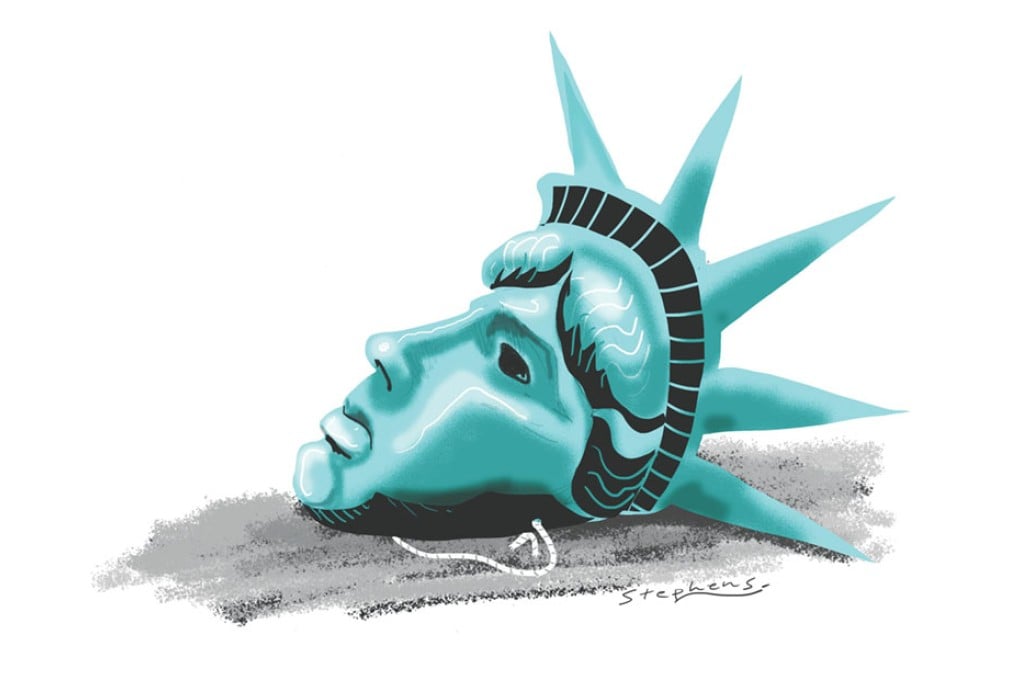Given its own record, the West is in no position to preach about democracy
Jean-Pierre Lehmann says given the West's own inglorious path towards democracy, its leaders should stop preaching to China and the rest of the world, and instead humbly engage Beijing

In writing this at a time of acute tension and bearing in mind a previous article I wrote on the opium wars and the West's cheek in admonishing China to be a "responsible stakeholder", I am aware that I am entering a minefield and risk being misinterpreted.
I am not anti-British, nor do I believe the Chinese should enjoy carte blanche in bullying just because we did. As a Westerner, what makes me incandescent is our sanctimonious hypocritical smugness, especially in preaching democracy to the planet, when in fact we have only fairly recently begun practising it ourselves - nor did we extend it to others.
It is only in the last quarter of a century, following the fall of the Berlin Wall, that most Western countries have become democratic. Even among the longer established democracies, as opposed to the more recent democracies in transition, the actual extent of the democratic process was qualified. For decades, women were barred from participating in political life. When I lived in the US in the 1960s, a century after the civil war and the abolition of slavery, most African Americans were disenfranchised either officially or by surreptitious means. Contrary to the image we seek to project about "Western values", we have much more to be ashamed of than to be proud of with respect to our political histories.
While democracy may have been grudgingly extended to the masses at home, this was emphatically not the case in respect of those living under our aegis abroad. If one takes the three major liberal imperialist powers - Britain, France and the US (one could add as a fourth the Netherlands) - democracy was emphatically not for export. There was no democracy - nor even any talk of democracy - in Britain's or France's extensive colonies in Asia or Africa. "Dissidents", such as Gandhi, Nehru and others, were put in jail.
America's alleged global quest for democracy is also of relatively recent vintage, when one remembers, to cite only two examples of many, the orchestrated coup (in connivance with Britain) against the democratically elected Mohammad Mossadegh in Iran in 1953 and, just 20 years later, the coup against the democratically elected Salvador Allende in Chile. Both democracies were succeeded by Western-imposed bloody dictatorships: the Shah in Iran, Pinochet in Chile.
In light of the quite violent and bloody turbulence in the Middle East and North Africa, no serious historian could ever suggest that these countries had been groomed for democracy by their imperial "protectors" - the Western-subjugated countries of the Levant were referred to as "protectorates".
So while Asia contains two out of three of the world's biggest democracies - India and more recently Indonesia - this was not fostered by their respective British and Dutch overlords during colonial times. While making the general point that the Western powers were hardly paragons - to put it mildly - of democratic governance, we might ask: what about Hong Kong?